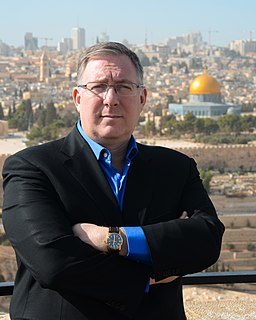A Quote by John Ralston Saul
In my mind, there's not a great difference between what people call fiction and non-fiction. So in that sense, I'm like an early-18th-century person. I actually believe there's one way of writing.
Related Quotes
Writing fiction is very different to writing non-fiction. I love writing novels, but on history books, like my biographies of Stalin or Catherine the Great or Jerusalem, I spend endless hours doing vast amounts of research. But it ends up being based on the same principle as all writing about people: and that is curiosity!
Memory is like fiction; or else it's fiction that's like memory. This really came home to me once I started writing fiction, that memory seemd a kind of fiction, or vice versa. Either way, no matter how hard you try to put everything neatly into shape, the context wanders this way and that, until finally the context isn't even there anymore... Warm with life, hopeless unstable.
Now, I'm a failed political consultant. But sometimes fiction has a way of capturing people's imagination in a way that non-fiction doesn't. Conservatives typically haven't written much fiction - specifically political thrillers - over the years to educate, inspire and mobilize people on issues of great import, but we ought to.


































